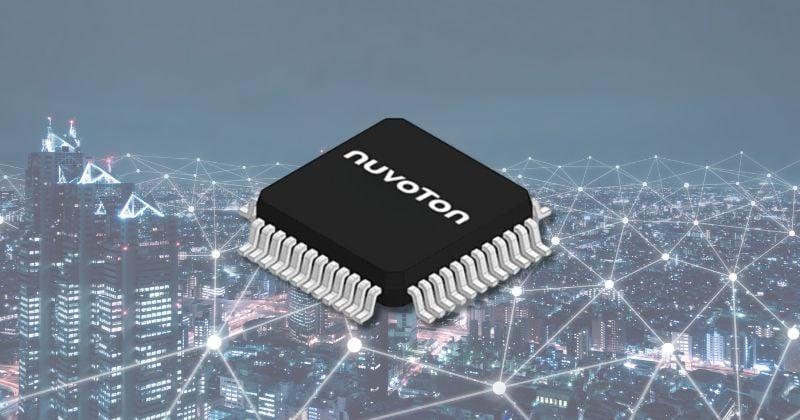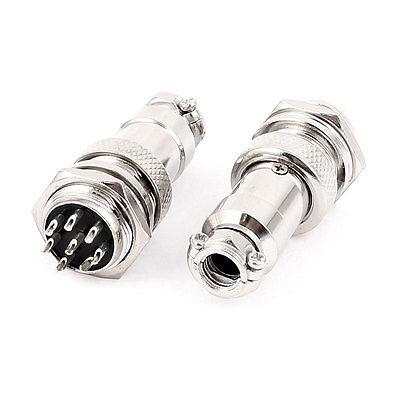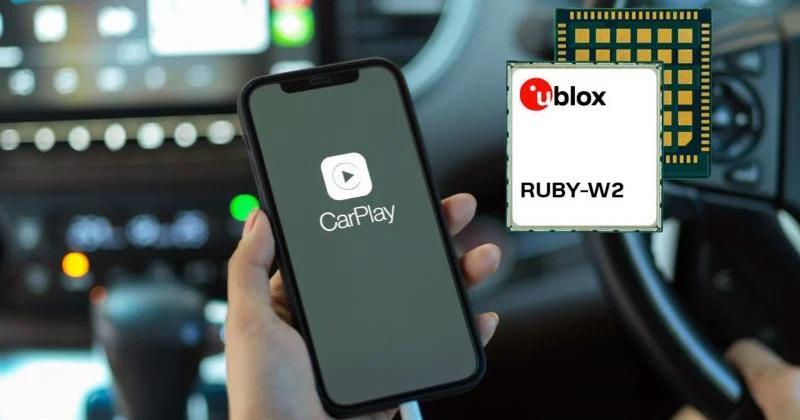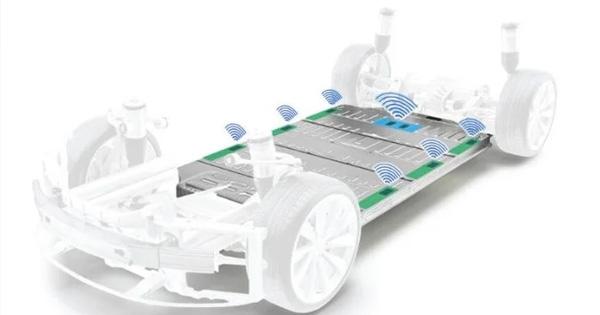
Arm, Qualcomm Case Goes to Court Over Arm Architecture Licenses
After almost three years since the acquisition of Nuvia and two years of legal wrangling between Arm and Qualcomm, the lawsuit filed by Arm is going to trial in the U.S. District Court in Wilmington, Delaware. The case is to be decided after up to a week of testimony and the result will impact the entire Arm ecosystem in one way or another.
At issue are the terms of the Architecture License Agreement (ALA) that allows Arm licensees to develop custom CPU cores that leverage the Arm Instruction Set Architecture (ISA). Arm believes that Qualcomm used Nuvia technology to develop its latest Oryon processors for PCs, smartphones and automotive applications, and that Nuvia did not have the rights to assign the rights to IP developed on the ALA to Qualcomm through the acquisition. Qualcomm believes that the Nuvia ALA is not tied to the processor microarchitecture, or the underlying processor design, and that its Arm ALA agreement covers its new processors developed with the Nuvia team.
Additionally, Qualcomm believes that Arm waited too long to terminate the ALA. Both sides argue that the Nuvia ALA has been breached in one way or another. Now it will be up to a jury to decide who is right according to the contract and expert testimonies.
There are two competing issues at stake in this case. The first is the right to protect IP—especially as it relates to the use and assignment by licensees. The second is the right of an acquirer to utilize the IP and assets of an acquired company.
Arm is seeking to have Qualcomm cease selling SoCs that it believes use Nuvia technology, which are the latest Elite series SoCs for PCs, smartphone, and the upcoming Snapdragon Cockpit and Ride automotive processors. Additionally, Arm wants Qualcomm to destroy anything related to the Nuvia IP. On the other hand, Qualcomm seeks to continue its business under its existing Arm licenses, which includes its own ALA.
In addition to the impact to the direct parties, the outcome may have even broader implications for the Arm ecosystem itself—especially PCs where the Qualcomm Snapdragon processors are the only Arm-compatible processors supported by Microsoft Windows. If Qualcomm is forced to stop selling its Snapdragon X Elite processors for PCs, the Arm-based Windows platforms would cease to exist.
Additionally, the outcome of the litigation is likely to impact future licensing agreements by Arm and other IP vendors. This may have an impact on future business models by licensees, which often include startups that routinely get acquired.
The following is a timeline of events that brings us to the litigation in Delaware.
- September 2019—Nuvia was founded to develop custom Arm-compatible processors. Shortly after starting, Nuvia was granted both Technology License Agreement (TLA) and ALA licenses. According to Nuvia, new products would not be leveraging standard Arm IP but would instead just be compatible with the Arm ISA commonly just referred to as the processor or CPU “architecture.”
- August 2020—Nuvia announces the first CPUs called “Pheonix” based on the Arm architecture.
- January 2021—Qualcomm announces the acquisition of Nuvia with the intent to use the Nuvia technology throughout its future product portfolio.
- January 2021—According to Arm, it notified Qualcomm and Nuvia “soon after” the acquisition announcement that Nuvia could not assign its licenses without Arm approval and that Qualcomm could not use Nuvia’s technology or the Arm branding of products based on that technology. Arm claimed that it continued to negotiate with Qualcomm and Nuvia over the use of the license for the next year.
- February 2022—Arm terminates the Nuvia licenses effective March 1, 2022, and requests the cessation of use and destruction of the Nuvia technology.
- April 2022—Qualcomm acknowledges the termination of the license and compliance with the contractual terminal obligations.
- Late 2023—Qualcomm begins sampling new processor cores developed by Qualcomm with the Nuvia team, which Arm believes to be based on Nuvia technology.
- December 2024—The Arm versus Qualcomm suit goes to trial.
TIRIAS Research is currently on the ground at the courthouse in Delaware and will have an update to the case once a verdict is returned by the jury.



